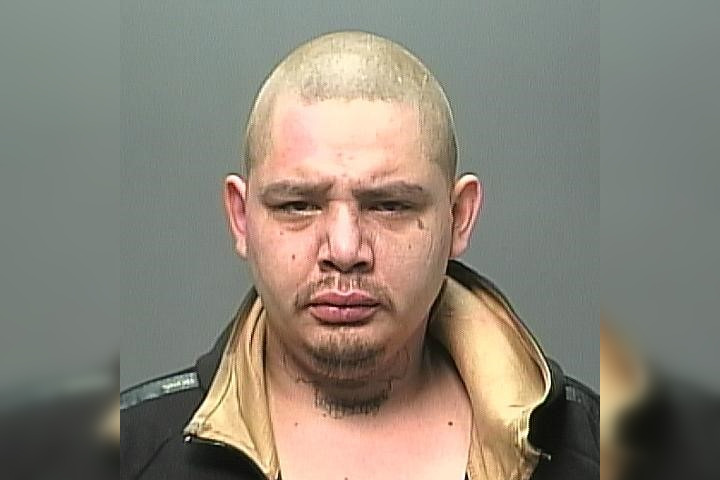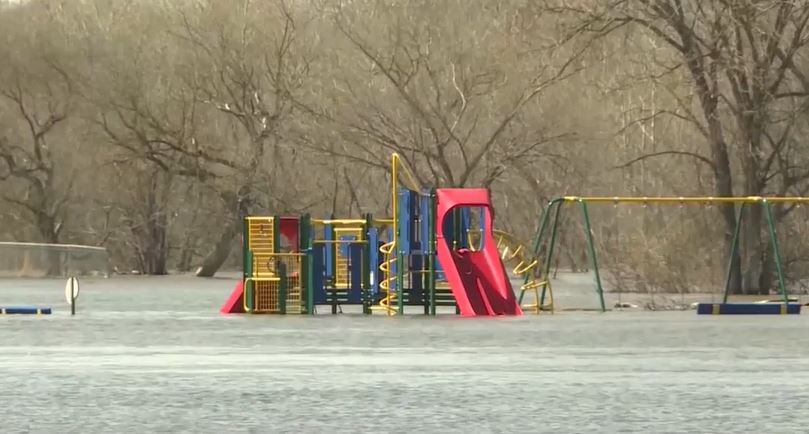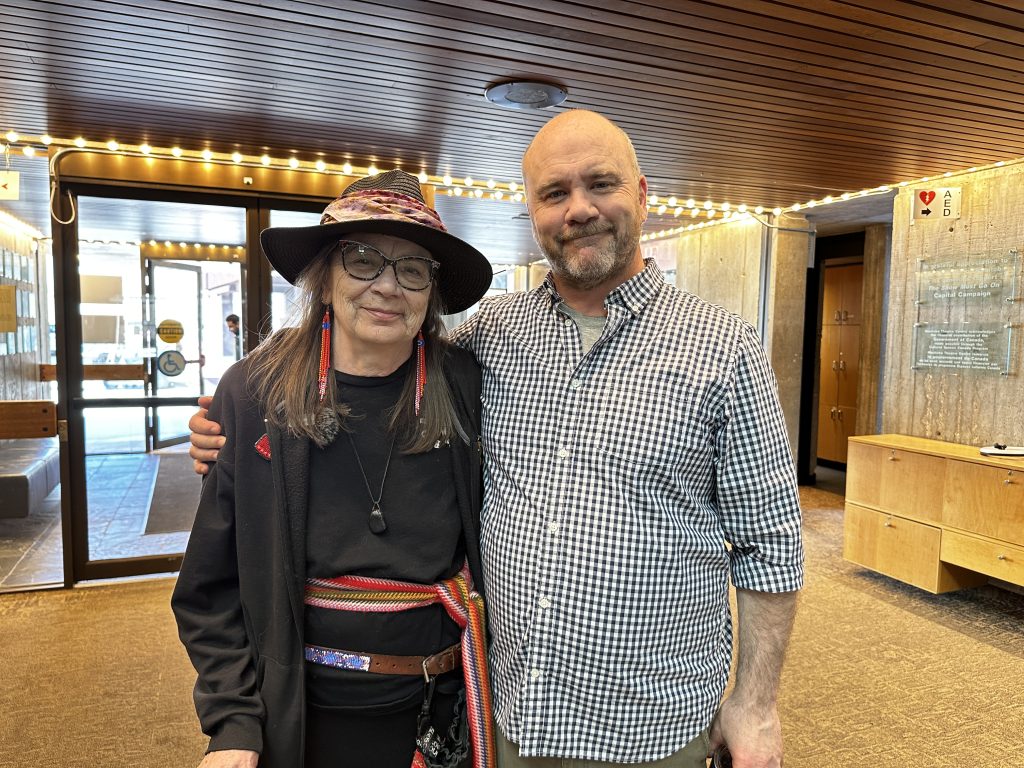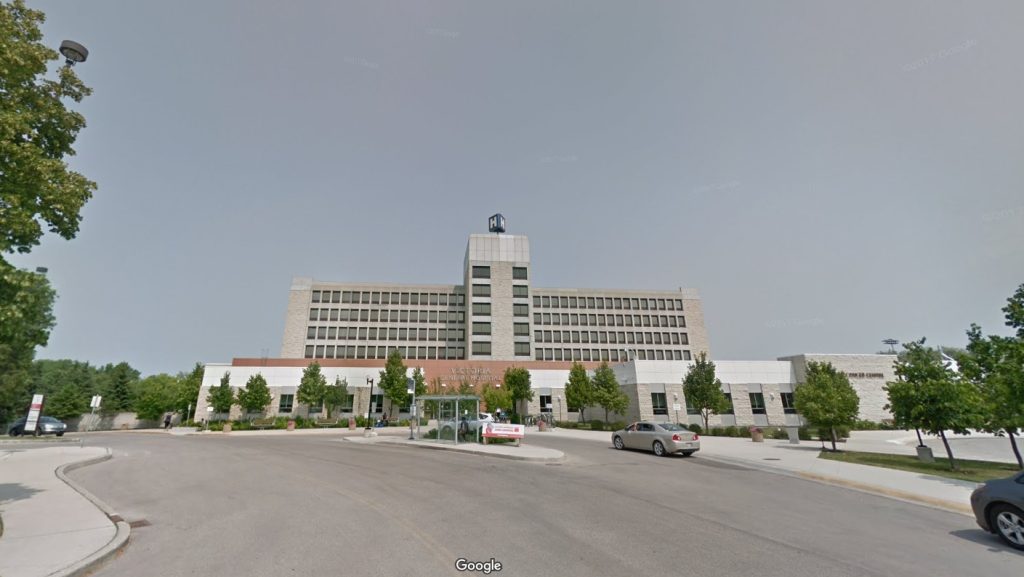Manitoba doctor wants drastic changes after report shows Indigenous People live less long
Posted December 21, 2022 4:44 pm.
Last Updated December 21, 2022 6:46 pm.
The CEO of a self-governing First Nations health organization in Manitoba says there were very few surprises in this week’s Health Status of Manitobans report.
Overall, the report suggests a widening gap in health between First Nations People and others in Manitoba.
The rate of premature death is three times greater for First Nations People. And their life expectancy is shorter by about 11 years.
Dr. Barry Lavallee of the Keewatinohk Inniniw Minoayawin (KIM) reviewed the report written by Dr. Brent Roussin, Manitoba’s chief provincial public health officer.
“When we look at the factors that Dr. Roussin is expressing in this report, white people do better,” said Lavallee.
“If we lose 10 20-year-olds compared to 10 80-year-olds, there is the personal loss of a human being, but there is a loss of hundreds of years of the potential to develop leaders, the potential to support development for all Manitobans. It affects all Manitobans to have loss of life that’s far too premature.”
READ FULL REPORT: Health Status of Manitobans
Lavallee says he applauds the deep dive Roussin’s team did on determinants affecting Indigenous People, saying reports just 10 years ago did not focus on this.
The report also reviewed the impact of COVID-19 in Manitoba from August 2020 to March of this year, showing a relationship between income level, race and severe COVID-19 disease.
Lavallee says the data show cause and effect, and a need for drastic change in the province.
“For example, congenital syphilis, which is higher in our community now related to meth use, at the source is trauma that Indigenous women undergo,” he said. “We all know about MMIWG, and we’ve just had four women killed by a serial killer here in Winnipeg. That’s a public-health emergency.”
RELATED: Indigenous organizations calling on feds to fund search at Manitoba landfill
Some report recommendations include setting measurable goals like targets to reduce health gaps outlined in the report.
Lavallee says Manitoba Health is pulling away from Indigenous groups after successfully working together through the pandemic, and hopes this report reverses that.
He also hopes this report shows the province the need for methods they may have previously avoided.
“You need to get rid of your attitude that harm reduction is a faux pas in society,” he said. “It’s a problem for everybody and if we don’t take care of harm-reduction needs, syphilis will continue to go up, murders will go up.
“We need to give everyone the opportunity to settle down inside.”
Lavallee hopes to see the recommendation to support Indigenous-led health responses acted upon immediately.








